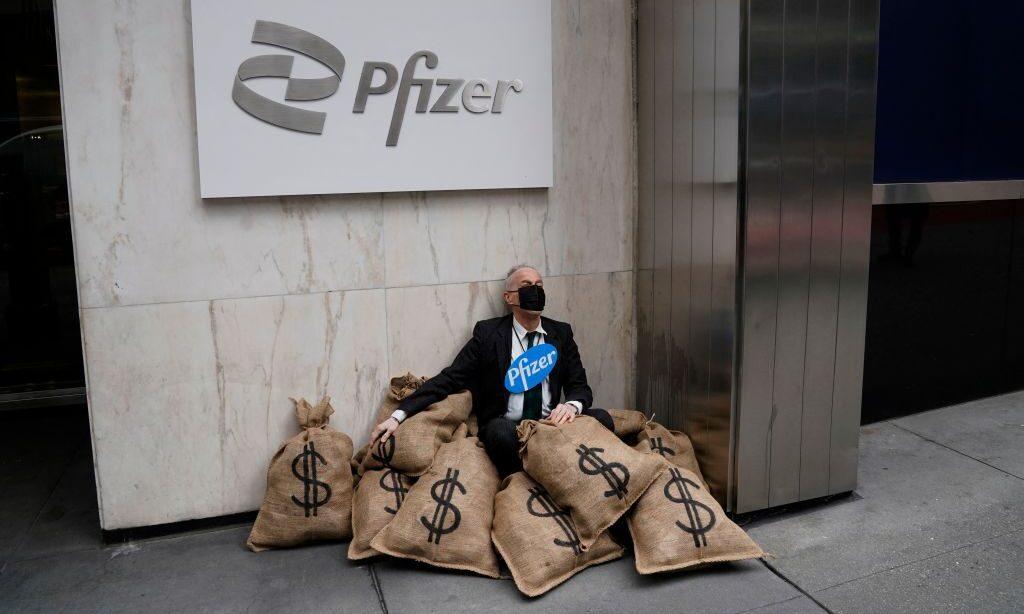Pharmaceutical company Pfizer released its quarterly earnings report on Tuesday, delivering better-than-expected results with strong sales of its antiviral drug Paxlovid and the company’s vaccine for the CCP (Chinese Communist Party) virus.
In the recent financial quarter, Pfizer reported net income of $7.864 billion, almost $3 billion higher than net income for the previous quarter ($4.877 billion). These numbers were bolstered by revenue from the company’s CCP virus vaccine Comirnaty, revenue from which grew from $3.2 billion to $13.2 billion, and by Paxlovid, revenue from which grew to $1.5 billion.





